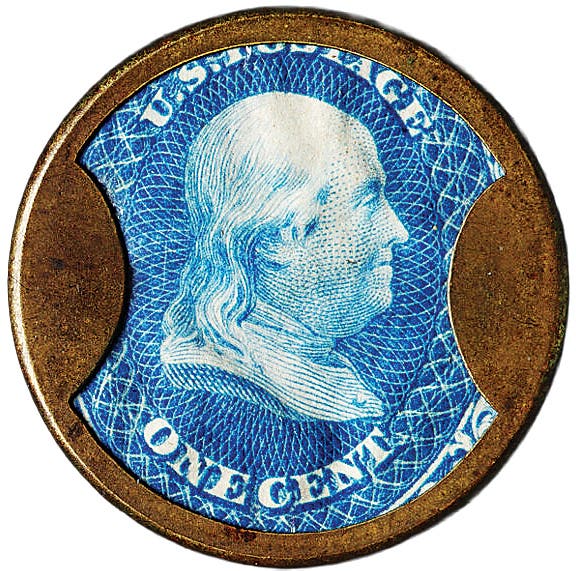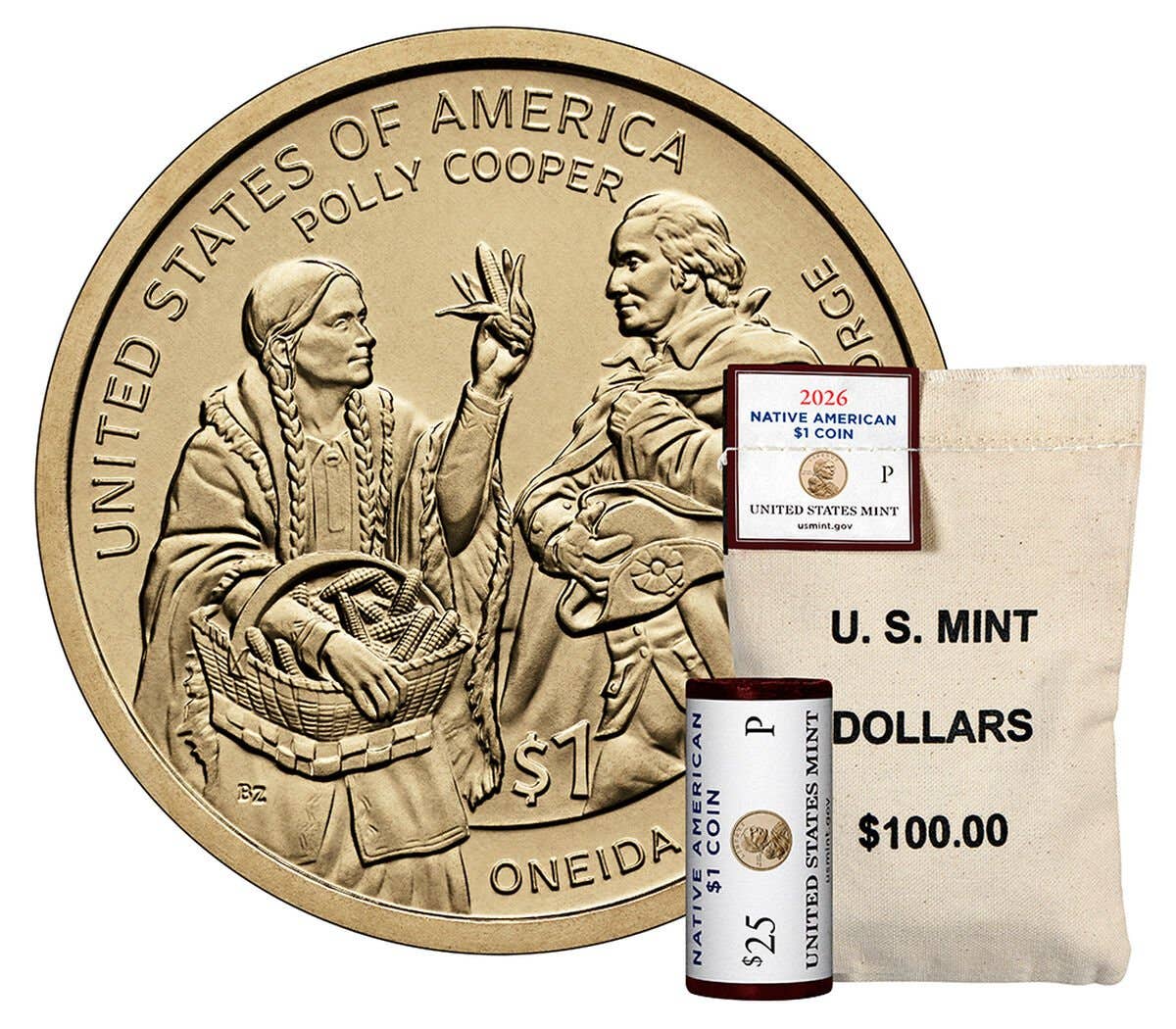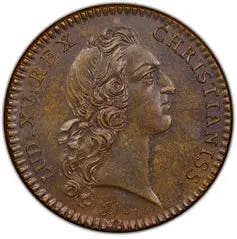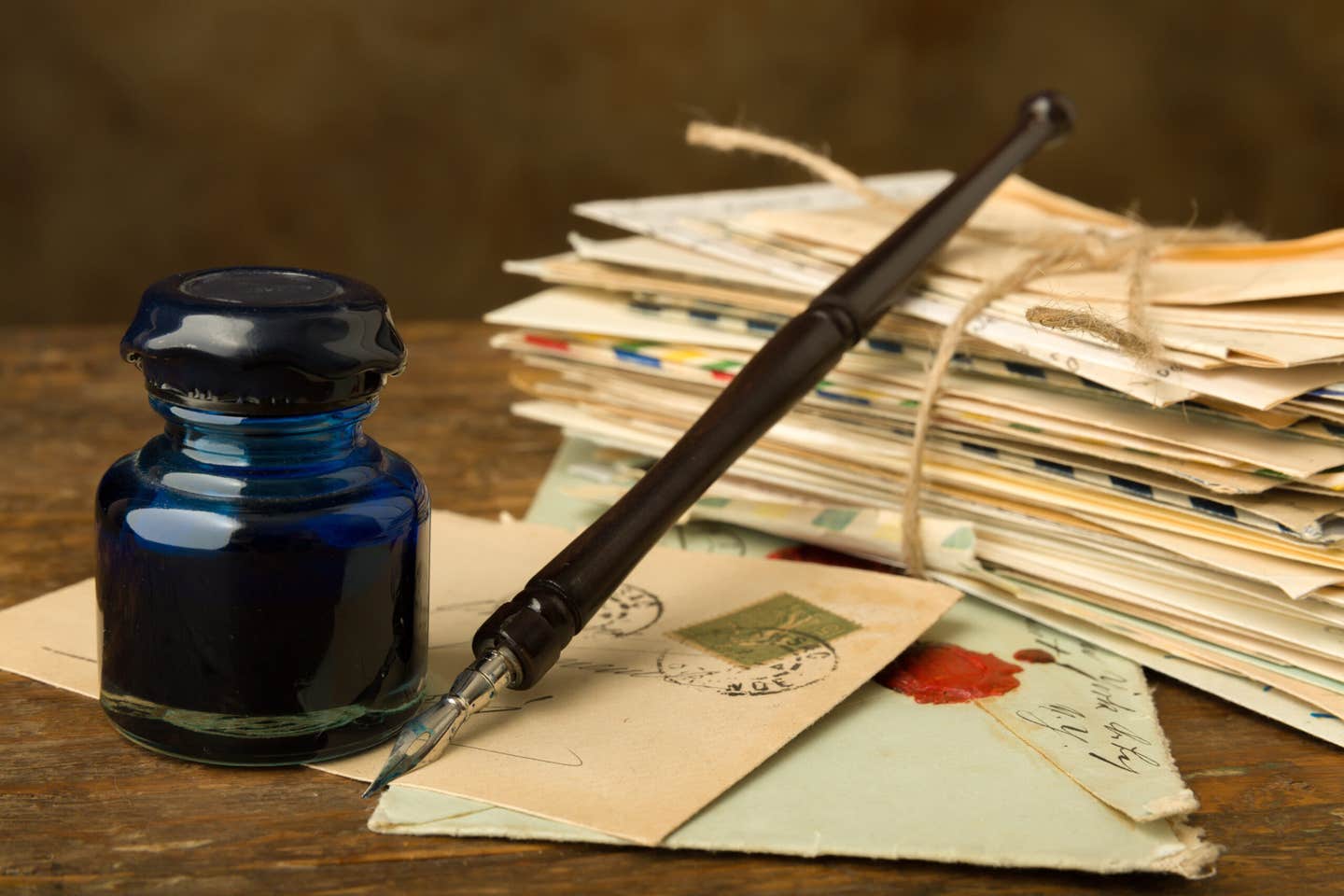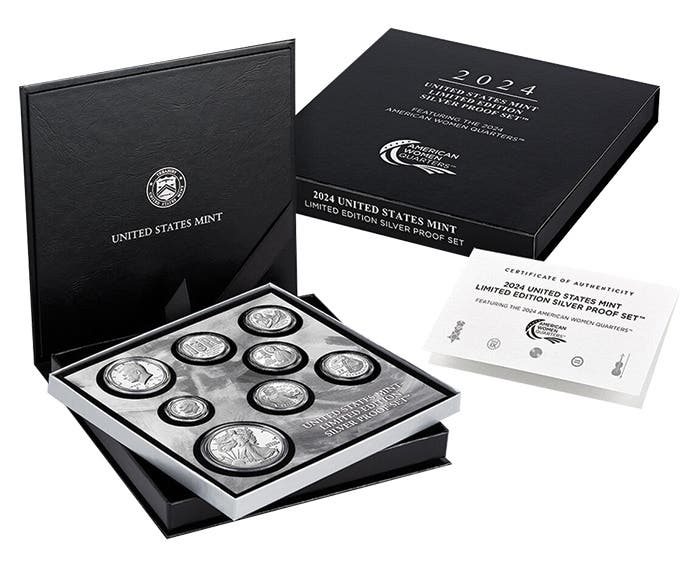Use current law against coin doctors
Do you think there should be stiffer penalties for people who knowingly sell doctored coins?
This article was originally printed in the latest issue of Numismatic News.
>> Subscribe today!
Do you think there should be stiffer penalties for people who knowingly sell doctored coins?
I was struck by the responses that readers submitted to that question in the June 29 issue of Numismatic News – showing either a lack of understanding of the federal law or the meaning of terms in it.
There is no crime in altering any coin or for that matter U.S. currency. The crimes come from the fraudulent defacing or altering of them – the operative word here is “fraudulent.”
Examples:
• Santa Claus as the center picture of a $1 bill is an alternation of the original.
• How about the cutting out of all the surrounding material on a silver Eagle to show only the Standing Liberty?
• Colored, enameled, or gold plated coins found in the state quarter, Presidential dollars or the silver Eagle series.
• And then we even have a whole collecting society that collects nothing but altered coins – the hobo nickels. Now tell me that they are not altered.
These examples exhibit no fraud as the bills or coins are still presented for what they were intended – albeit now, as a collector or novelty item – but definitely they are altered, doctored or otherwise changed to give the desired effect.
Fraud on the other hand, would be to alter the coin or bill in such a manner as to pass it off as something other than its intrinsic intent – like gold plating the 1883 “no cent” nickel to make it appear as a $5 gold piece., or the taking of a bill and printing over it to make it another denomination. The key words in the question and in the law are going to be a hard threshold to reach – knowingly and fraudulent.
Even if a person were to touch up a coin to make it appear better, they have not violated federal or state laws as it relates to coining, printing or counterfeiting assuming that the coin is offered as the coin it was made to be. However, as to sales, many civil laws come to mind and apply, like false and misleading advertisement, fraudulent business practices, etc. , etc.
I can only assume that the current lawsuits from the grading service have more to do with a pattern and practice of some individual who alters coins to willfully commit a fraud as to the grade or condition of coins and from their many submissions the company feels that it has enough history and evidence to pursue them and they should.
I see no need for a new law here – rather simply use and enforce the current.
Rather, I would like to see legal pursuits for those who alter to mislead the consumer and upon guilty verdicts, issue steep fines as per current law, have their names, businesses, etc., published by all coin collecting publications, any coin industry memberships revoked for life and a lifetime barring them from any future memberships.
My position is knowledge – let the coin industry know them.
Dr. R. Brown is a hobbyist from Oroville, Calif.
To have your opinion considered for Viewpoint, send e-mail to david.harper@fwmedia.com.
Standard Catalog of World Coins, 2001- Date
This book opens the door to the latest innovation in coin design from all corners of the globe.
More Coin Collecting Resources:
• Subscribe to our Coin Price Guide, buy Coin Books & Coin Folders and join the NumisMaster VIP Program




